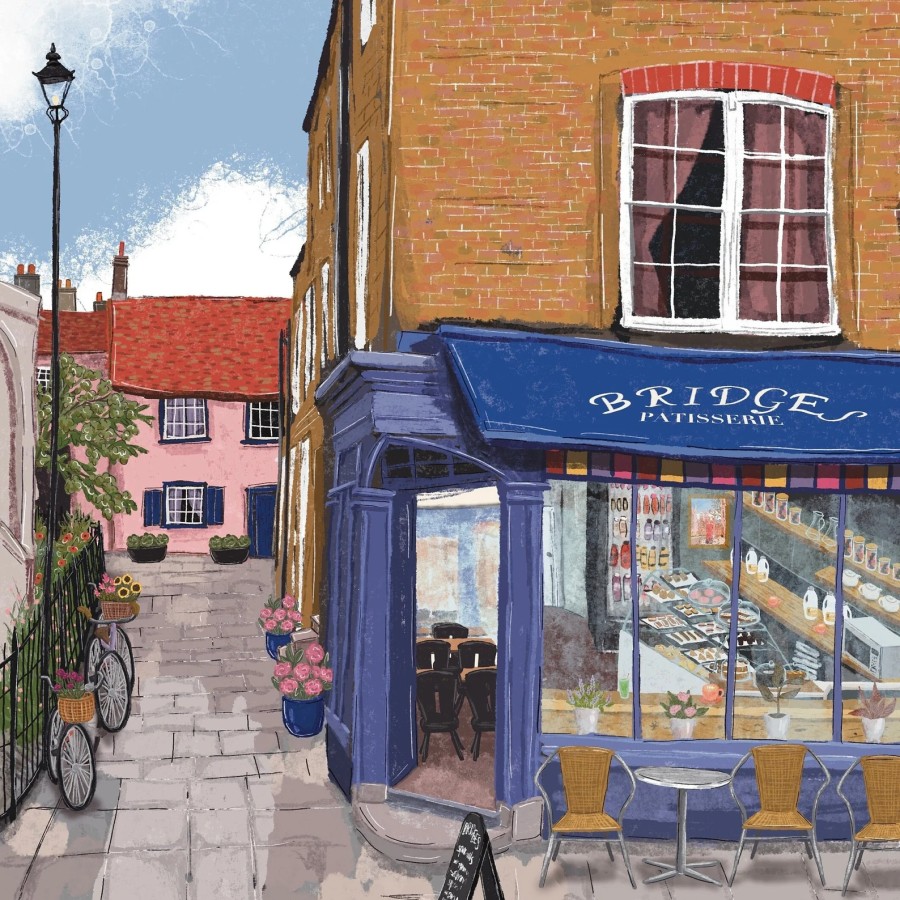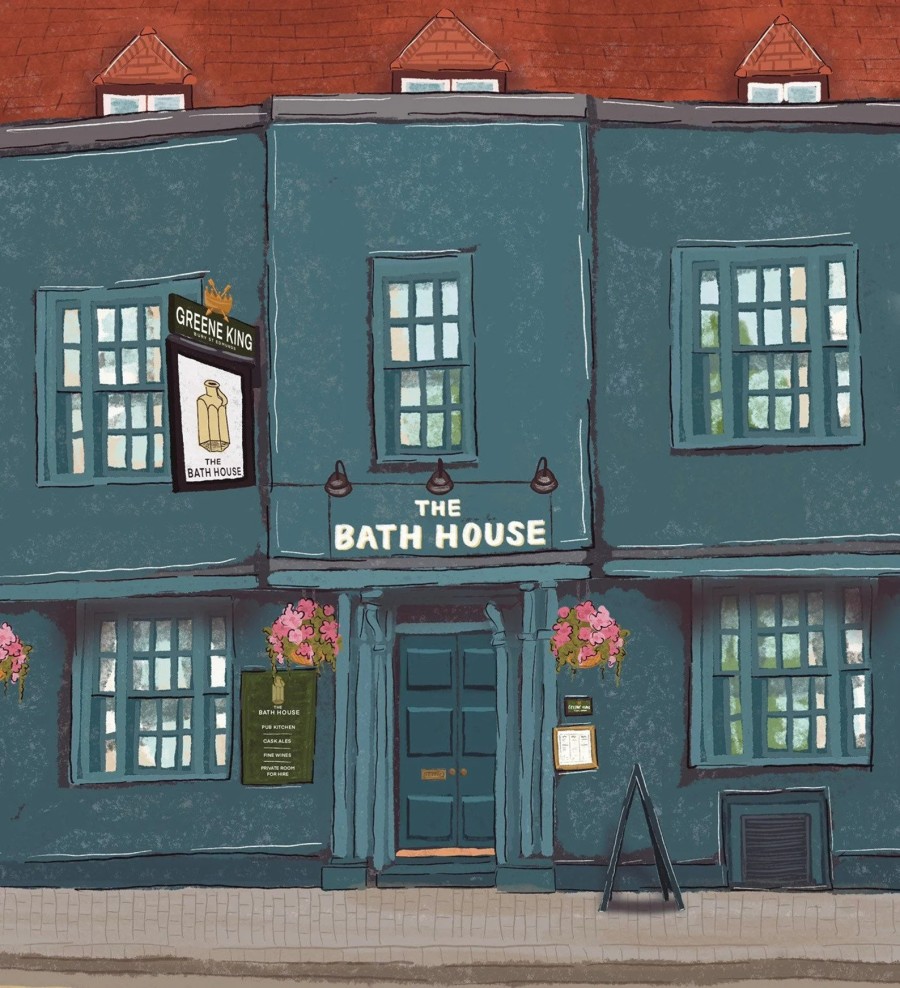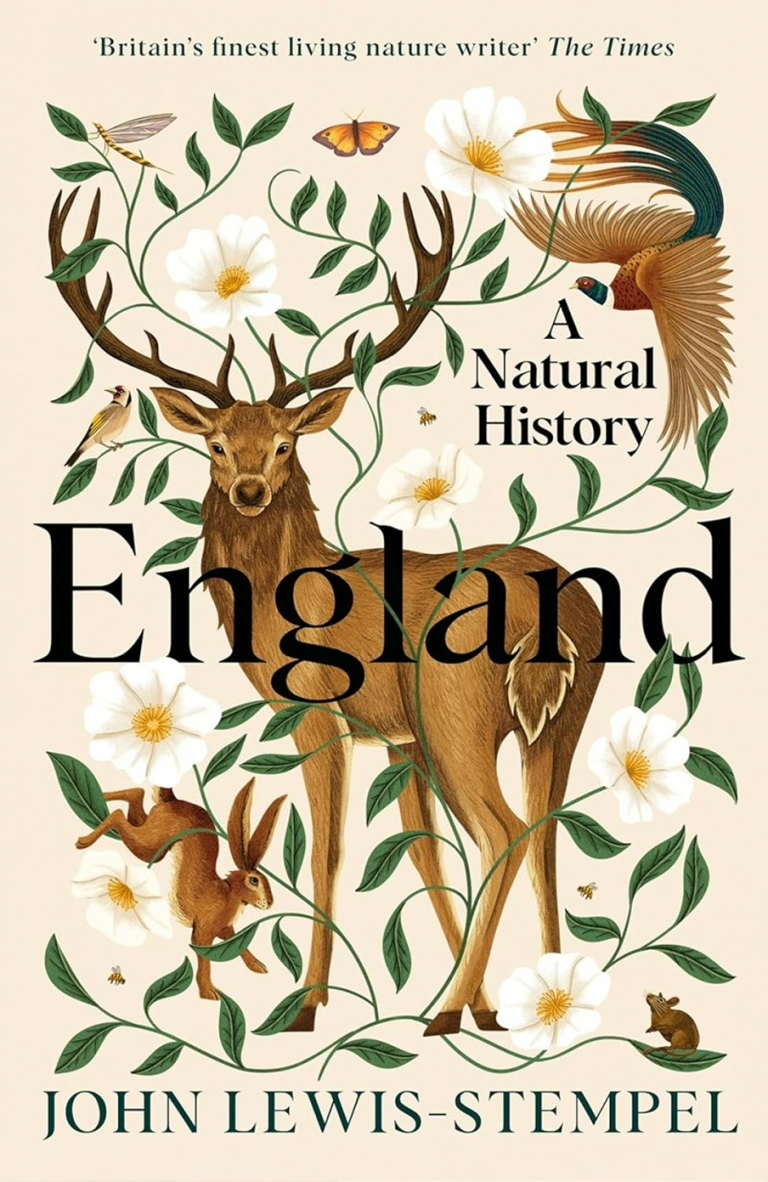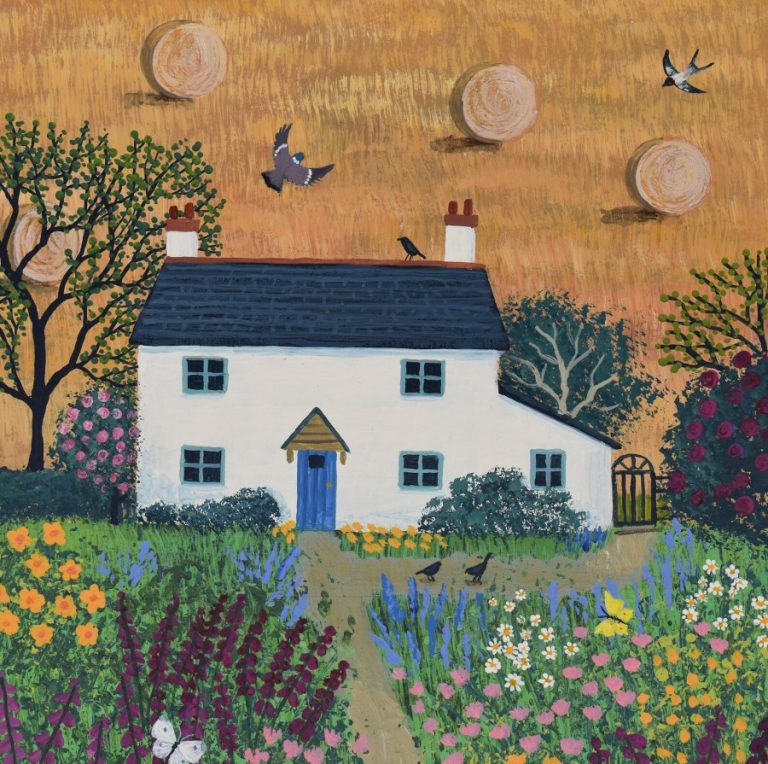
Local shops and pubs face heavy strain from rising costs, staff shortages, and changing habits. When a village store or pub closes, it is more than a lost business, it is the loss of a meeting place, a service hub, and a source of local pride. Communities are stepping in to protect these spaces, and they are not doing it alone.
Plunkett supports groups that want to start or save community-owned shops and pubs. Its advice, training, and tools help ordinary people turn urgent concern into a plan. Community ownership keeps money local, gives residents a say, and keeps services within walking distance. And builds social ties.
If selling plants to people with pets, read up on pet-friendly gardens to know plants to avoid.
Types of Support Plunkett Provides
Plunkett helps groups at every stage, from first idea to long-term trading. The support suits non-experts, so you do not need a business background to get involved. The focus is on simple steps, clear choices, and steady progress.
Many groups begin with a free advice session. An adviser listens to your situation, outlines options, and sets out next steps. This could include how to form a group, how to engage neighbours, and what a realistic timeline looks like. You also get signposting to templates and guides that save time and reduce risk.
Next comes business planning support. Plunkett helps you map out income, costs, and cash flow in plain terms. You learn how to forecast trade, plan staffing, and set prices that work. If you are taking on a building, they help you think through leases, repairs, and fit-out costs. The goal is a plan that banks and funders will trust.
Legal structures can feel complex. Plunkett guides groups through community ownership models, such as a community benefit society or a co-operative. You learn how these models protect assets for community use, how a community share offer works, and how to set fair membership rules. Plunkett provides model governing documents and introductions to specialist legal partners.
Rural communities often face long travel distances, lower footfall, and fewer services. Plunkett offers rural-focused resources that address these gaps. You can explore ideas like adding a Post Office, parcel collection, refill stations, or a café corner. Simple add-ons can improve income while meeting local needs.
Practical tools include:
- Templates: Business plans, surveys, policies, volunteer packs.
- Checklists: From early feasibility to opening day tasks.
- Mentoring: Access to peers who have run community shops or pubs.
- Compliance guidance: Licensing, food hygiene, health and safety, and GDPR basics.
This support helps groups avoid common mistakes. For example, a village team might use a community survey template to prove demand, then use it to shape stock ranges and opening hours. Another might use a cash flow tool to time their share offer and grant applications in sync with building works. Small wins add up to long-term stability.
Guidance and Training Programmes
Plunkett’s training is designed for busy volunteers and first-time directors. You can choose online sessions for convenience, or attend in-person workshops for hands-on learning.
Training covers:
- Financial management: Budgeting, cash flow, bookkeeping, stock control.
- Marketing: Telling your story, building loyalty, social media, signage.
- Volunteer coordination: Recruitment, rotas, safeguarding, recognition.
- Operations: Purchasing, licensing, cellar management, supplier relationships.
Courses often include case studies, practical tasks, and Q&A with advisers. Plunkett also brings in industry experts, such as accountants and licensing specialists, so you get clear answers.
How to apply the learning right away:
- Set up a simple weekly dashboard with sales, margins, and key costs.
- Create a one-page marketing plan with three messages and two channels.
- Pilot volunteer shifts with clear roles, a short briefing, and feedback forms.
- Use a stock review checklist to cut waste and improve availability.
A community shop or pub is a social enterprise. It trades to meet local needs, and any surplus is reinvested for community benefit. Training helps you balance social aims with commercial sense, which is key to staying open.
Funding and Grant Opportunities
Money is often the biggest concern. Plunkett helps groups build a funding mix that can include grants, donations, community shares, and loans. Early-stage grants may cover feasibility work, surveys, and professional advice. Start-up grants can support equipment, refurbishment, and training.
Plunkett guides groups through public and charitable funds, including the Community Ownership Fund, which can support the rescue of at-risk assets like pubs and shops. You get help to test eligibility, prepare documents, and present a strong case. Good applications show local need, community backing, and a clear route to trading.
Key points for applicants:
- Gather evidence early, such as surveys and letters of support.
- Present a realistic budget with quotes, not guesses.
- Show how volunteers and partners will support operations.
- Demonstrate community investment, for example through a share offer.
Grants can unlock private investment and volunteer time. When a plan is clear and the group is ready, chances of success improve. Many communities have used a blend of a share offer, local fundraising events, and targeted grants to move from idea to opening day. This approach has revived businesses in places that had few other options.
Success Stories: How Plunkett Has Helped
Across England, many communities have protected their last shop or saved a pub that held decades of memories. The details vary, but the pattern is similar. A group forms, seeks advice, tests demand, secures funds, then opens with fresh energy and a clear purpose.
Reviving a Local Shop in Rural England
A small village faced the loss of its only shop. Residents formed a steering group and booked an advice session with Plunkett. With guidance, they ran a survey to list what people really wanted, such as fresh bread, basic groceries, and parcel services. The results shaped a simple, realistic plan.
The group chose a community benefit society model and launched a share offer. Plunkett’s templates and modelling tools helped them set targets and explain benefits in plain language. Early grants paid for expert surveys and a modest refit. Volunteers decorated the space, built shelves, and set up a till system.
It was not easy. Raising the first chunk of capital felt slow, and supplier accounts took time to set up. Training on stock control and cash flow helped them keep costs steady. When the shop reopened as a co-operative, prices stayed fair and opening hours matched school runs and shift patterns. The shop now provides affordable goods, a small café corner, and a noticeboard that keeps neighbours in touch.
Saving a Beloved Village Pub
A much-loved pub had closed and was at risk of conversion. A community group stepped in, asked Plunkett for help, and began a structured plan. They secured interim access to the building, commissioned a survey, and built a budget that covered urgent repairs and a phased refurbishment.
Plunkett’s support covered legal structure, licensing, and training for the new management team. Marketing guidance helped the group tell a hopeful story without overpromising. Before reopening, volunteers ran test events, such as quiz nights, to rebuild habit and gather feedback.
After the doors reopened, the pub hosted live music, book clubs, and family lunches. Footfall rose, midweek trade improved with simple food offers, and a local producer market became a regular draw. The pub now supports jobs, buys from nearby suppliers, and serves as a warm space in winter. The community kept their meeting place and turned it into a confident, well-run business.
Ideas to Save Community Shops & Pubs

- Offer outdoor car parks as Sunday farmers’ markets.
- Hold acoustic concerts or film screenings, if you have a license.
- Be the drop-off place for parcels, for local people to collect.
- Make your pubs dog-friendly if possible, with fresh water bowls, outdoor space and perhaps organic dog biscuits, for four-legged visitors!
- Register at Great British Toilet Map, to let people know they can use your loos. Many older people don’t go out, if they can’t find a loo.






